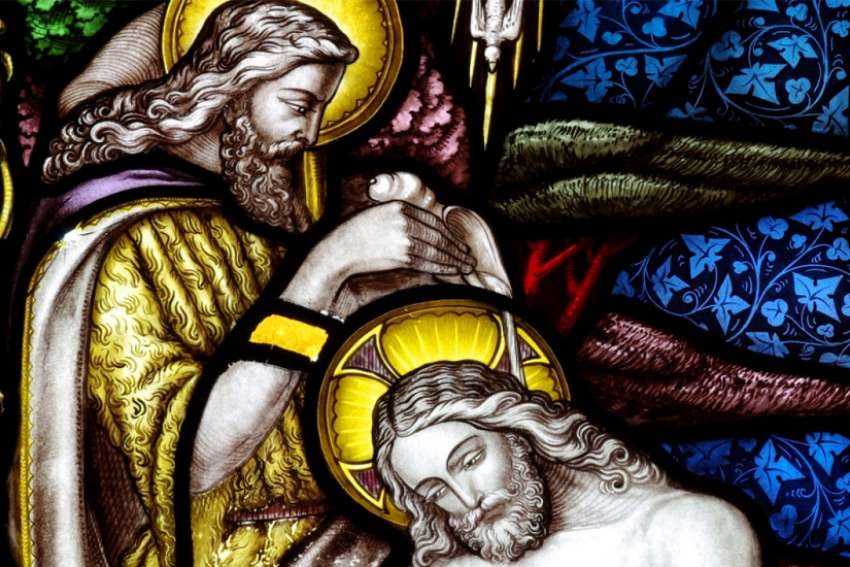But there is something out of the ordinary about this majestic figure — he is low-key, non-violent, and rather quiet and gentle. He will not raise his voice, and he steps lightly — a bruised reed he will not break. He is strong; he will not be overcome or crushed by opposition. His mission is to be a light to the nations, open the eyes of the blind, release prisoners and free people from their darkness.
The reason that he will be able to accomplish this great mission is that the spirit of God will be within him and he will be strengthened by God. Truly remarkable — but who is Isaiah describing?
In the text, he is unnamed and remains so. He is a chosen individual and someone in whom God delights. With this as a key, it is more than possible that this servant is a collective symbol for the people of Israel.
The text describes Israel’s mission as a light to the nations and a leaven of justice in the world. The prophecy was made during the exile in Babylon and it made it clear that they were not just going home — they had a mission to fulfill. It was a collective mission, intended for all who comprised the people of Israel.
It also struck the authors of the New Testament as a perfect description of Jesus. He certainly had the spirit of God within Him and was God’s delight. And His mission was characterized by an unexpected gentle touch. He began the work of bringing justice to the world without drawing a sword. Unfortunately, many of his followers throughout the centuries had no scruples about a liberal use of force and violence.
The prophecy describes the people of Israel, Jesus Christ and individual believers who claim to follow in His footsteps. Healing the world and establishing justice is not just the work of one individual or group, it is a mission given to us all.
Somewhere along the journey, God always has surprises in store for us, challenging the ideas we carry around in our heads. Peter and the first believers in Jesus were not long in meeting God in a new way.
The spirit challenged Peter not to call any person unclean. To drive the point home, the spirit came upon Cornelius, a Roman centurion, and his entire household. They began to praise God ecstatically.
The lesson that Peter learned and began to proclaim was that God was there for all the peoples of the Earth. No one has a special “in” with God. Anyone who does what is right is acceptable to God. It is a hard lesson to learn and we are still in the process.
Much blood has been spilled by those claiming to know who deserves God’s grace and who does not. But no one is God’s gatekeeper.
John the Baptist was puzzled and disconcerted. His baptism was one of repentance, but the man standing before him had no need of repentance or conversion. John objected, insisting that their roles should be reversed. But Jesus came into the world to share the human experience fully, and that included the powerful symbol of initiation and rebirth by water.
The descent of the spirit on Jesus and the empowerment it brought was a turning point in His life. Jesus was affirmed, personally and publicly, by the voice from Heaven. He was the Son, the Beloved, and the one in whom God was well-pleased — echoes of the prophecy from Isaiah.
He was conscious of His identity, His relationship with God the Father and His mission. The next step was testing in the wilderness in preparation for his ministry.
As followers of Jesus, we share that baptism, and we are beloved sons and daughters of God. Baptism is not just about being saved — each of us in a unique way is called to advance the prophecy begun in Isaiah and fulfilled by Jesus.


